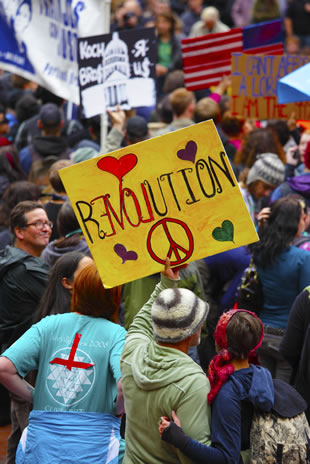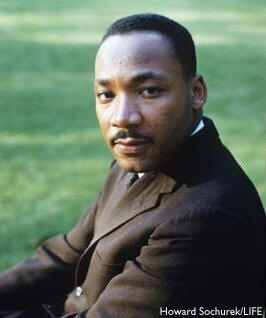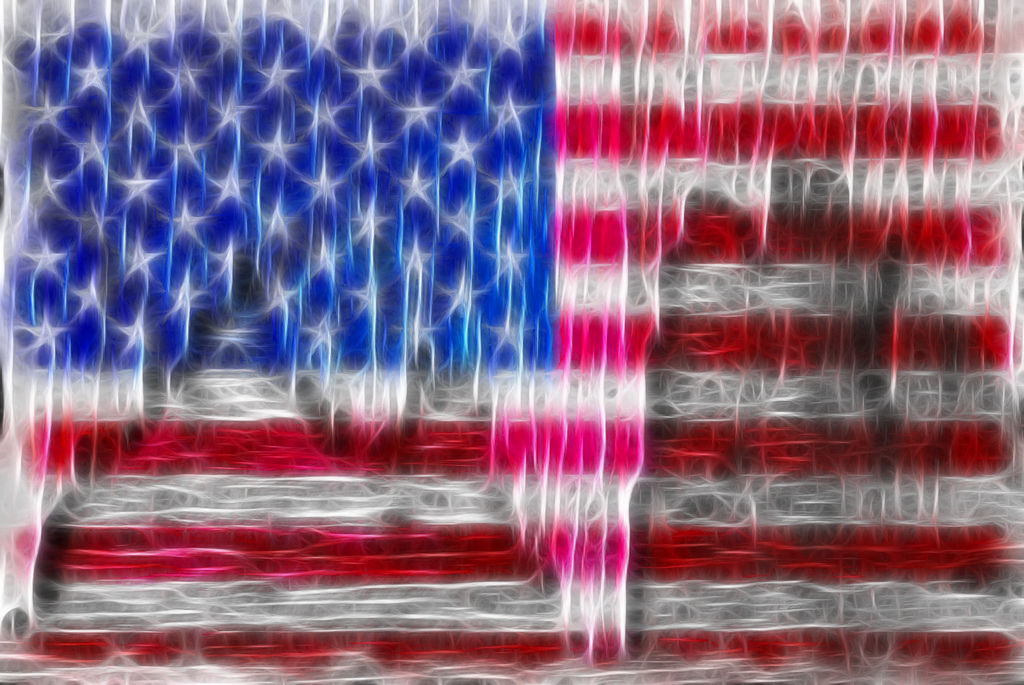


The Global Revolution of Love
“Hatred paralyzes life; love releases it. Hatred confuses life; love harmonizes it. Hatred darkens life; love illuminates it.” Martin Luther King Jr We have been through crises at other times in history, although they were not as tragic or radical to justify calling them a “birth.” We regard them as developmental phases in the history of humankind. However, our current state differs from all the previous ones. Thus far, we have striven to achieve new goals. Changes happened as a result of new breakthroughs: the discovery of new lands, inventions of innovative weapons, and implementation of new technologies such as the Internet that unveiled a totally new level of connection between us. Nevertheless, those innovations were not global upheavals that addressed all levels of human life in all its spheres. They did not extend to all of mankind, to all countries and continents, to every family and every person, so that today they are universal. Now, we are approaching this new birth and cannot state with confidence whether it is happening already or not, although we do see that we are coming closer to it. The crisis we are going through is similar to the one that precedes delivery. It presses us more and more with each passing day, both individually and collectively. We see that people cannot live in peace within their families any longer, get divorced, avoid getting married, do not get along with each other, have hard time raising children and don’t know how to avoid unemployment and poverty. In all aspects of our existence, we suffer from absence of understanding and lack of organization. We can call this...
Superbroke, Superfrugal, Superpower?
What Thomas L. Friedman predicted a year ago in his article, we are living today. He was then expressing his view on America’s transition from being the world’s superpower to becoming a “frugal superpower” whose frugality would impact the world even more. He claimed that since the Great Recession of 2008, “the nature of being a leader, political and corporate, has been changing in America,” and now its leaders have been taking things away rather than giving to people. Freedman said America’s leaders, while depriving their voters, were not going to save money on foreign policy and wars. Yet, sooner or later, they would have to. He cited the Secretary of Defense Robert Gates, who had been warning that the cuts are coming, which would affect the globe. The journalist referred to the book (America’s Global Leadership in a Cash-Strapped Era), written by Michael Mandelbaum, the John Hopkins University foreign policy expert, to emphasize that by 2050, all forms of government supplied pensions and health care would account for an 18% of everything the United States produces. He wrote: “This… will fundamentally transform the public life in the United States and therefore the country’s foreign policy” and added that our defining watchword “more” was being replaced with “less”. Friedman continued to build his analysis on the information provided by Mandelbaum, who states that when the world’s only superpower is burdened with heavy debt, it will reflect on everyone. He also remarked that for the past century, the US foreign policy provided global public with many benefits – from open trade and containment to counterterrorism, and that US power had...
